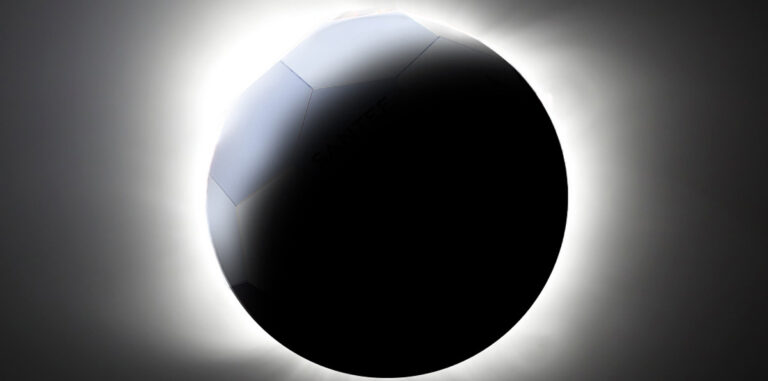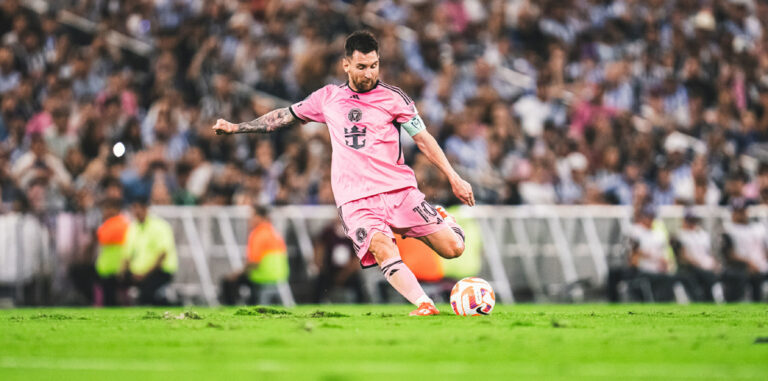Soccer’s popularity in the United States and the rest of the world has given rise to an alternative new business that has mushroomed in the last three years: soccer summer camps and soccer academies.
Teams such as FC Barcelona, German club Bayern Munich, and British clubs Arsenal, Liverpool, and Manchester United, are the first seeking to set up US outposts through football academies, which enroll about 300 children each year at an average cost of $2,000 each.
FC Bayern and Global Premier Soccer (GPS) have an extensive youth partnership that brings the knowledge and expertise of FCB’s notable Youth Academy. The partnership, which began in 2014, aims to grow the level of the game in North America, bringing the FC Bayern coaching philosophy and curriculum to now over 85,000 children and 6,000 coaches into 101 soccer clubs in over 22 states.
FC Barcelona, one of Europe’s most popular teams, has 25 academies and dozens of summer camps in more than 60 countries on five continents, which together enroll more than 30,000 boys and girls each year. They represent small regiments of brand loyal consumers who will further expand the team’s fan base among their close circles of friends and family.

In the US, Barça got its start with camps run by the ISL Futbol company. Nowadays, the club has a presence in 25 cities, four of them with academies for kids ages 6-14.
Increasing merchandising sales for their clubs is the big draw for teams looking to establish a presence among their younger sports fans, said Luis Ramón Carazo, sports business specialist and columnist for Mexican newspaper Reforma. By increasing brand recognition and engagement, clubs increase their sales of team-related merchandise, such as jerseys.
Increasing merchandising sales for their clubs is the big draw for teams looking to establish a presence among their younger sports fans
In addition, the strategy helps clubs find talent at an early age and develop young soccer talents who have the potential to become future professional soccer players.

In addition to enrollment income, the soccer camps and academies welcome sponsors looking to establish a presence on the pitch and make activations. “The sponsors are the same ones who’ve signed on with the club in each region. In the US, we have the support of Gatorade, Gillette, and Black & Decker,” said Alex Isern, Director of ISL Futbol.
“FC Barcelona has one of the most important sports brands, with millions of fans around the world. In addition, it has a highly recognized training method, not only for its sporting successes, but also for the values it instills”, said Eduardo Celorio, Director of FCBEscola, Mexico.
A multinational future
In the long run, having foreign soccer stars playing on European teams increases the TV rights paid by international broadcasters, explained Carazo. “In Mexico, for example, we follow Bayern because Javier ‘El Chicharito’ Hernández plays for them.”
European teams are also training their sights on Asia, to countries such as the United Arab Emirates, Japan, and China. Latin America is not far behind, with Brazil and Colombia among the countries where FC Barcelona has already inaugurated its first soccer schools. Mexico will be next, with the arrival of its first soccer academy slated for September 2018, stated Celorio.
The new “Early Morning Classic”
The European influence on American soccer is evident. The International Champions Cup, previously known as the World Futbol Challenge, is the most important international friendly tournament in the world. It has already created a new soccer classic: Barcelona vs. Real Madrid, which will be held this year on July 29th in Miami.
Tickets for the “Early Morning Classic,” as it known in Spain because of the early morning match time in that country, went on pre-sale in March at $125-$500 each, and sold out within a few days. Resale prices for the tickets go from $500 to almost $3,000 each.
Text written by Gabriela Gutiérrez M. @gabytronica
Feature image: sxc
[ctalatinb]







